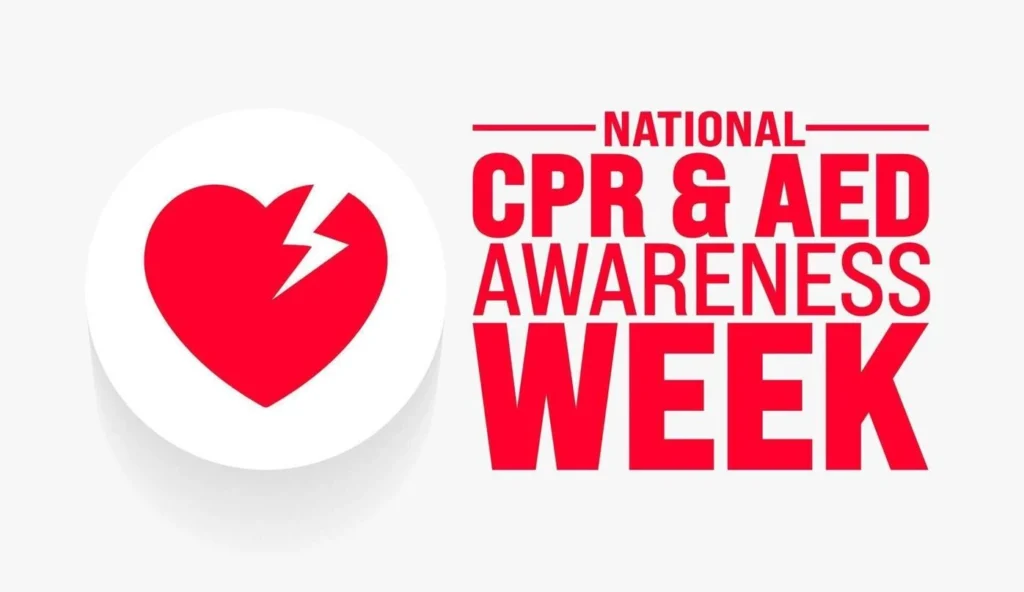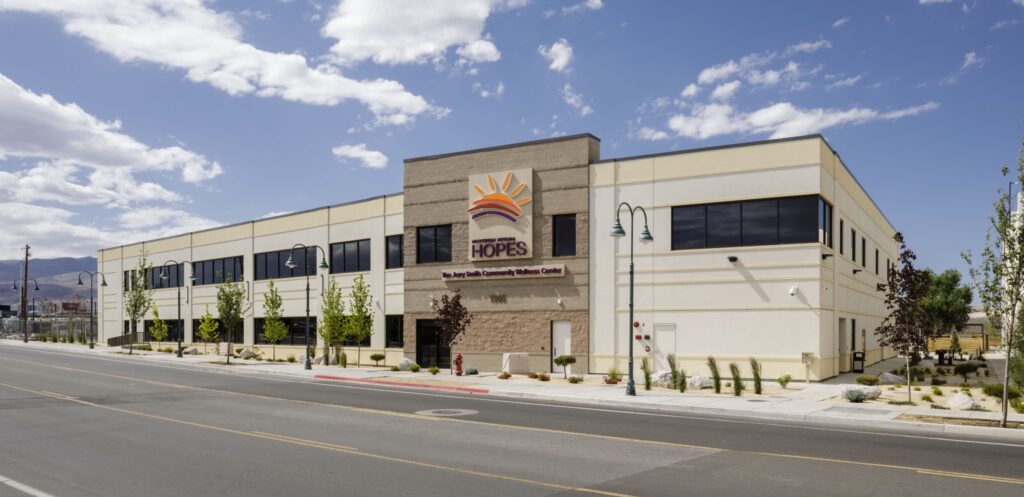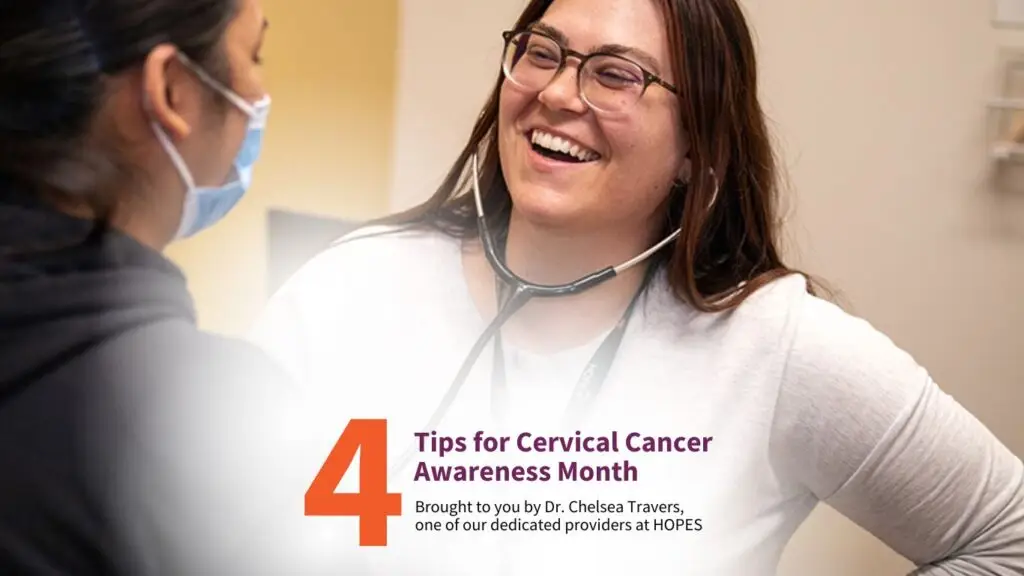Heart Health and Blood Pressure
At HOPES, our model of patient-centered care means we work alongside our patients to address their medical and wellness issues and concerns and partner to help them achieve positive health outcomes, including heart health through our Self-Monitoring Blood Pressure Program (SMBP).
About Blood Pressure
Blood pressure normally rises and falls throughout the day, but it can damage a person’s heart and cause health problems if it stays high for a long time. Blood pressure that is consistently higher than normal is called hypertension.
Having hypertension puts a person at risk for heart disease and stroke, which are leading causes of death in the United States. It is important to help patients achieve blood pressure control after they have been diagnosed with hypertension.
Blood pressure control is achieved by a combination of
dietary and activity change, weight loss, and medications.
How Does the HOPES Self-Monitoring Blood Pressure Program (SMBP) Work?
In 2022, 91 HOPES patients with uncontrolled blood pressure participated in the SMBP. Our Community Health Workers (CHWs) on the Chronic Disease Team scheduled and performed reoccurring SMBP appointments according to provider referral instructions. The SMBP help both the patients and providers by increasing provider capacity and efficiency while meeting patients with uncontrolled hypertension “where they are at.”
SMBP appointments are more than just an effort to accurately monitor a patient’s blood pressure on a routine schedule. During these visits CHW’s take time to build rapport, provide easy to understand information about hypertension, answer questions, and monitor patients for medication adherence, compliance, and any symptoms or side effects reported.
Blood pressure monitors are provided at no cost when needed and patients are instructed on equipment use, best practices for self-monitoring, educated about healthy lifestyle changes, and made aware of HOPES’ programs like Medical Nutrition Therapy, Behavioral Health visits, Case Management, and the Food is Medicine Prescription Pantry Program.
If you’re a HOPES patient and want to learn more, talk with your provider. If you want to become a patient of HOPES, visit: newsite.nnhopes.org/patients/become-a-patient/



